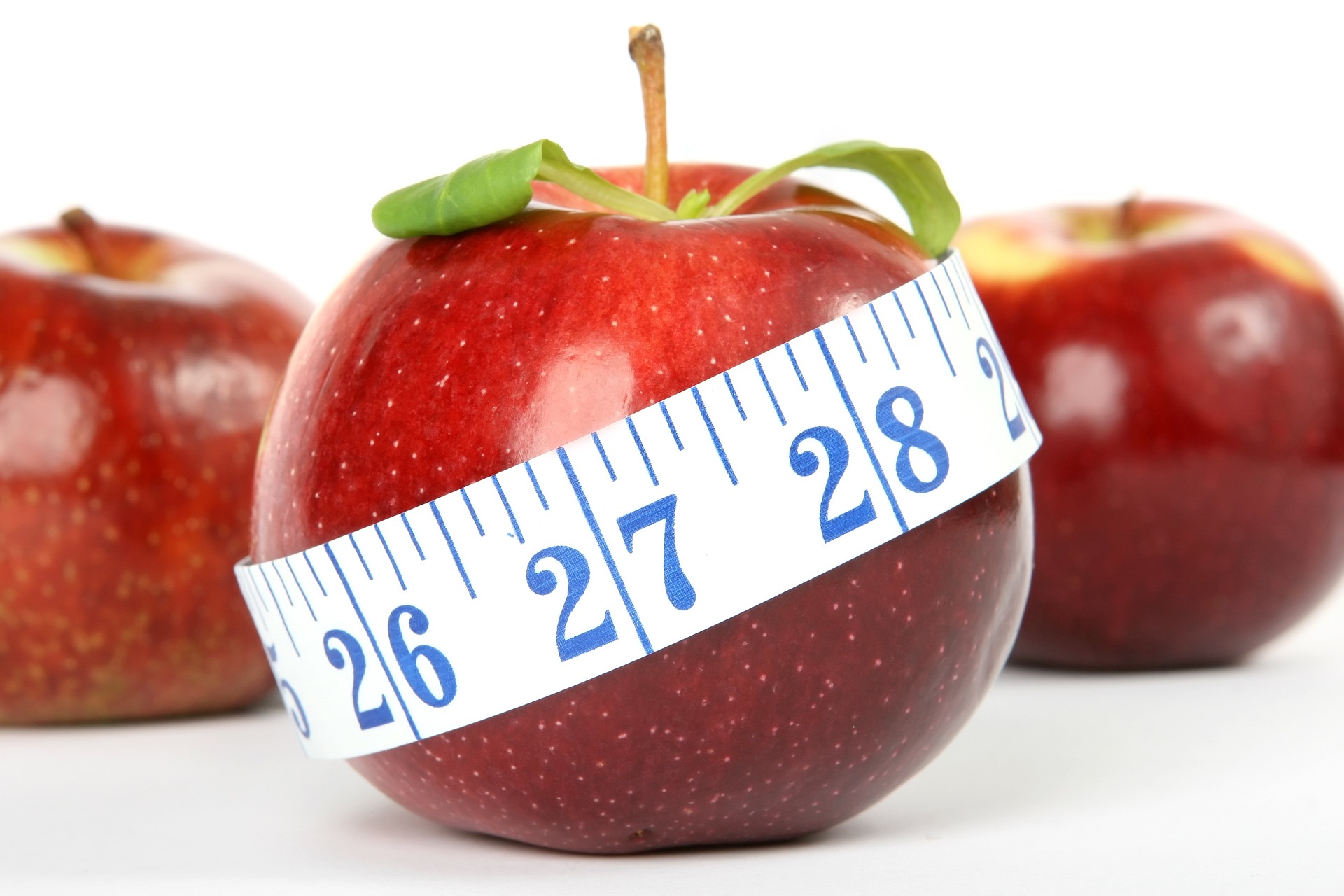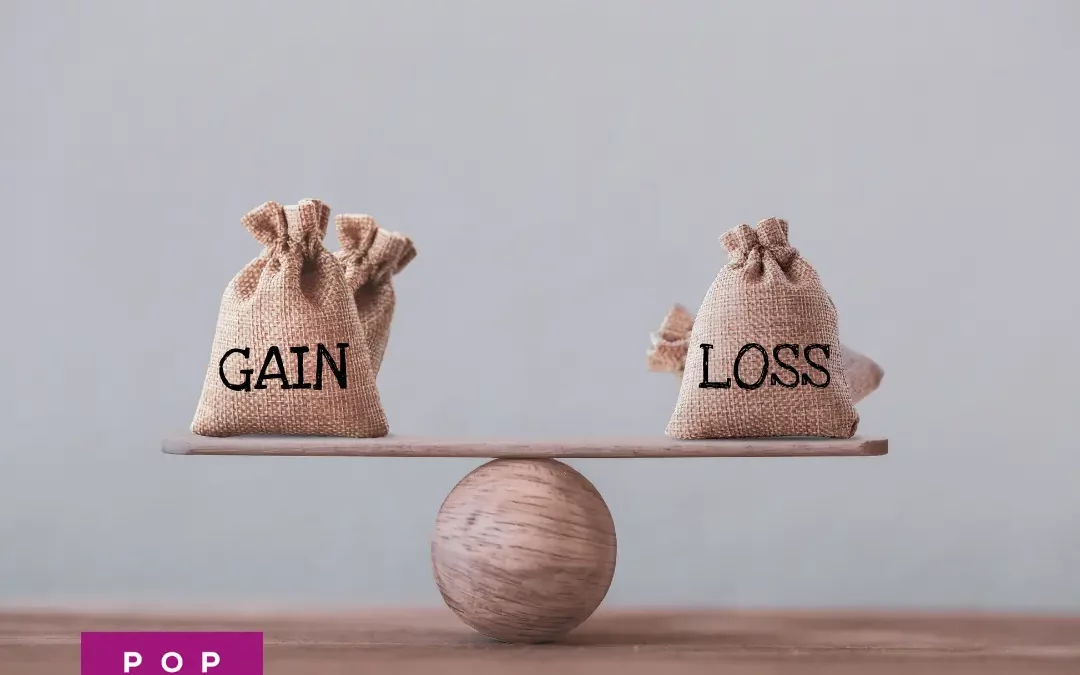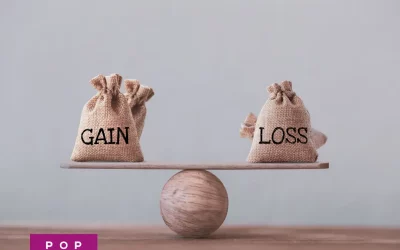Let’s talk about the most important number you’ve probably never even considered.
Buckle up, we’re going for a ride today.
This might be the very thing that changes your whole perspective on how to achieve your goals and never look back.
Let’s talk data and the numbers you’re tracking.
Assuming you want to lose some body fat, you probably monitor your weight.
Which is a good idea (assuming you don’t have a poor relationship with the scale).
You likely understand that the scale is going to fluctuate on a day to day basis, but over time, we want to see a downward trend.
For example, I’m currently in a fat loss phase.
My weight was up almost a pound this morning.
However, I’m down approximately 6-7 pounds from the time I started this cut.
Success?
Well … maybe.
Most people stop right here.
It’s either:
A. My weight has gone up or stalled or
B. My weight is trending down.
In scenario A, you likely assume you’re broken, at a plateau, or simply frustrated and wondering why even bother.
In scenario B, you likely are celebrating your progress.
Both scenarios are incomplete.
And completely lacking important context.
Any time you’re working with a complex system (like human metabolism), a single data point is almost irrelevant.
Focusing on a single data point is not the answer.
The reason this common approach is so flawed, is that it does not account for future success or struggle.
Meaning, it’s not predictive.
What if I told you that my weight was down 6-7 pounds but now I’m eating 1500 calories per day.
Still a success?
Some people might still say yes.
And that’s the problem.
Let me use a hypothetical situation to illustrate this point.
Person 1 is 150 lbs. and eating 1200 calories per day
Person 2 is 150 lbs. and eating 1200 calories per day
Person 1 takes 8 weeks to lose 5 lbs.
Person 2 takes 8 weeks to lose 0 lbs.
Person 1 wins, right?
Not so fast.
Only 1 data point in a complex system is irrelevant.
Even though they both want fat loss … let’s see who is really in a better position.
8 weeks later, Person 1 is 145 lbs. and eating 900 calories per day.
8 weeks later, Person 2 is 150 lbs. and eating 2000 calories per day.
The most important number you’ve probably never even considered is …
Calories to body weight ratio.
Person 1 went from eating 8x body weight to start and ended up eating 6.2x body weight while losing 5 lbs.
Person 2 went from eating 8x body weight to start and ended up eating 13.3x body weight while remaining stable.
Person 1 has nowhere to go.
Person 2 has a plethora of options.
For the most part, a low calorie to body weight ratio indicates a slow metabolism.
A high calorie to body weight ratio indicates a fast metabolism.
Person 1 will likely gain weight back quickly.
Person 2 will likely improve body composition without having to restrict or deprive.
Many people would look at Person 2 and say “no progress was made,” simply because the scale didn’t drop.
That’s because most people look at a single data point and don’t understand complex systems.
The most important number to track is actually part of a complex system.
Now, let me break your brain a bit more.
It actually doesn’t stop there.
Once we maximize calories to body weight ratio …
What if we incorporate additional metrics to include.
For example: body weight, calories, and exercise.
We now have another data point to determine your position to be successful.
Most experts have been preaching “eat less, exercise more” since the beginning of time.
And yet, it has never worked since the beginning of time.
In reality, we should be looking at ratios.
How much are you eating and how much are you training relative to your body weight?
Imagine if Person 1 above had to train 6 days per week to achieve that 5 lb. loss and lowered calories to 900 per day.
And Person 2 above reduced training to 3 days per week while increasing calories to 2000 per day.
Person 1 has no room. No room to cut calories and no room to increase exercise.
Zero optionality.
Person 2 has plenty of room to add exercise. And plenty of room to cut calories.
High optionality.
Most of our 1:1 nutrition coaching clients have boxed themselves in like Person 1 before they come to us.
And the turning point for many of them is when we help them understand that we can actually improve their metabolism to set them up for long term success.
Essentially, taking them from Person 1 with zero optionality and nowhere to go …
And turning them into Person 2 with plenty of options to achieve their goals sustainably.
Now, the last piece I’ll mention is this …
You have to know what’s important to you.
The reason for that is because we can add additional data points into the equation.
For example: body weight, calories, exercise, and happiness.
Imagine body weight stays the same, calories go up, exercise goes down, and happiness goes up.
Probably a win.
What if you really value mental energy?
Great …
Body weight stays the same, calories go up, exercise goes down, and mental energy goes up.
Win.
Optionality is high and we can easily reduce body weight without draining mental energy or over exercising and slashing calories.
Huge win.
This is also why we set goals relative to core desires with our clients.
You might see them celebrating things like food freedom, a lack of stress around food or social events, improved confidence, and more energy.
That’s because it’s always relevant to their core desires.
Helping someone achieve their physical goals while leaving them with zero optionality and completely fucked long term is no way to operate.
Our program is highly sought out because we understand how to simplify complex systems and get people exactly what they want.
This is why we guarantee our results.
As long as you buy in and commit to the process, you will ultimately get exactly where you want to be.







